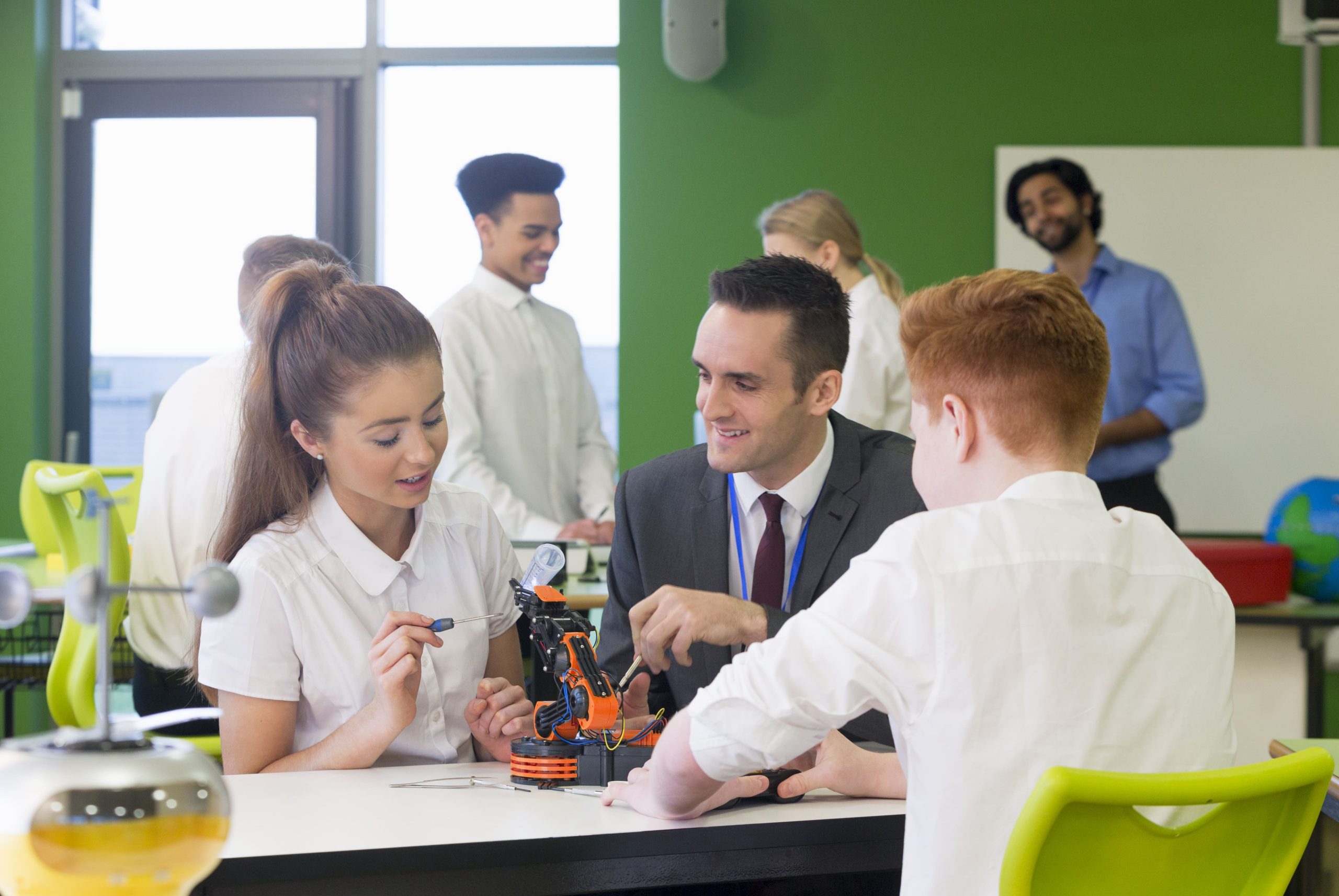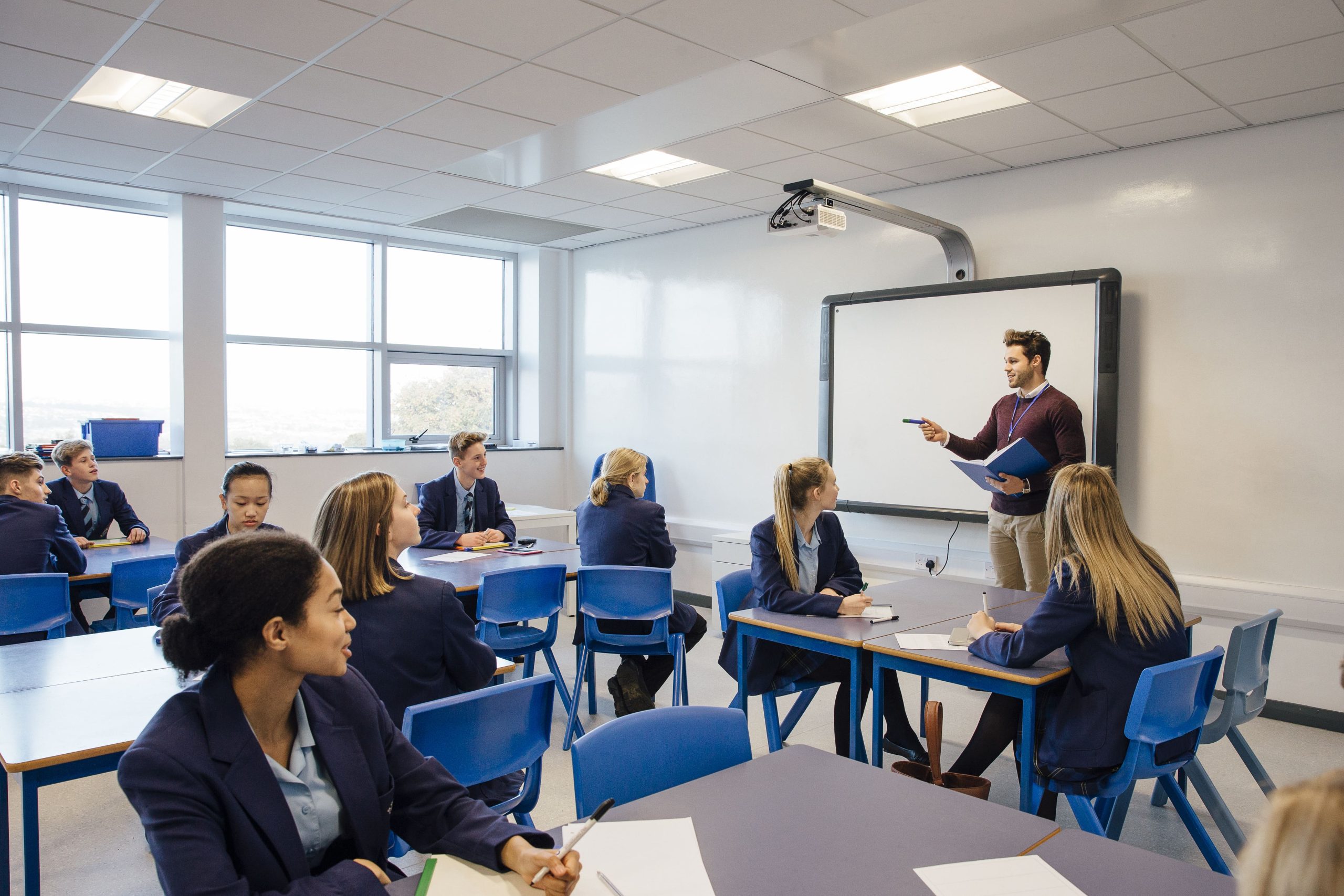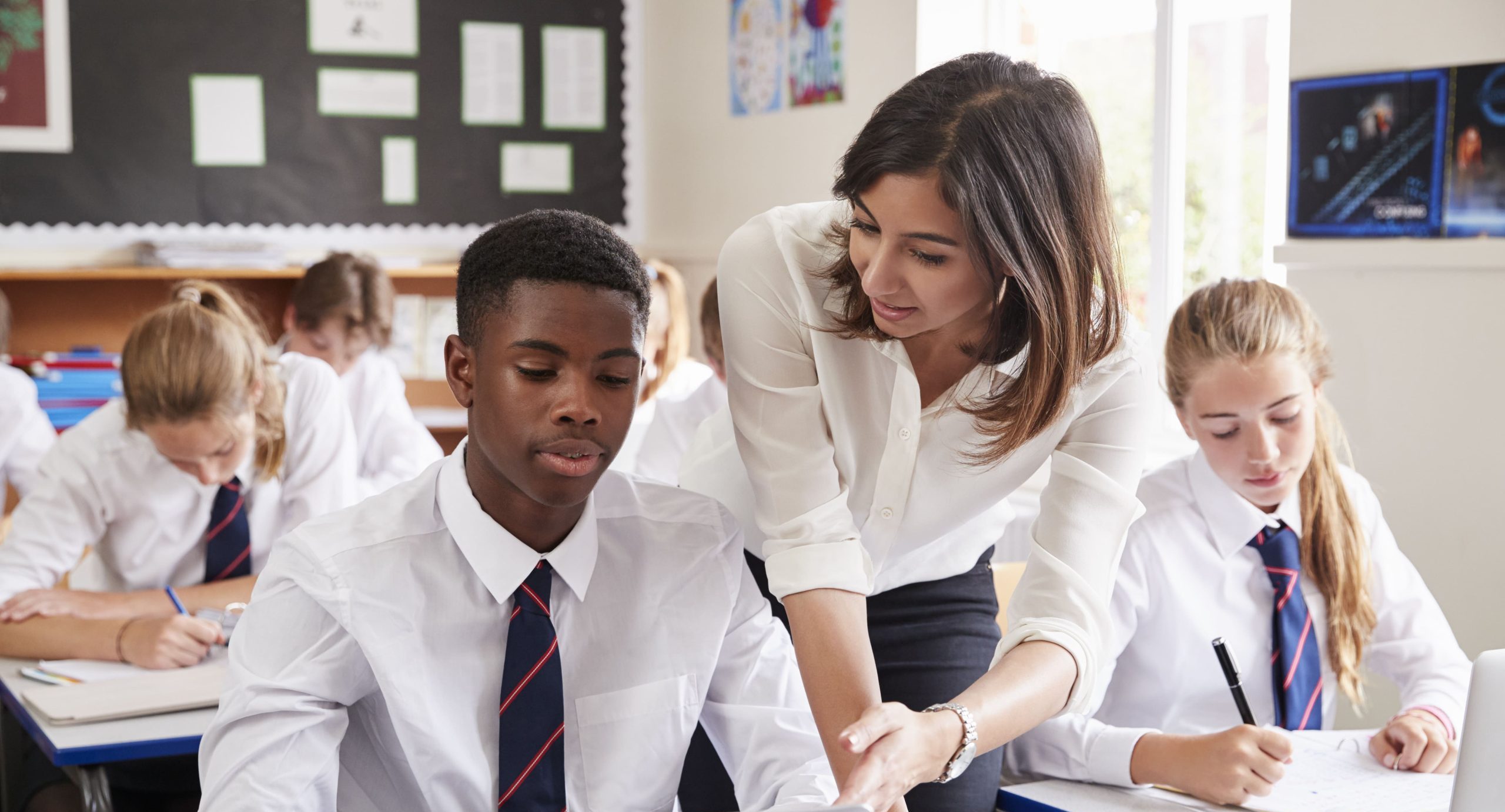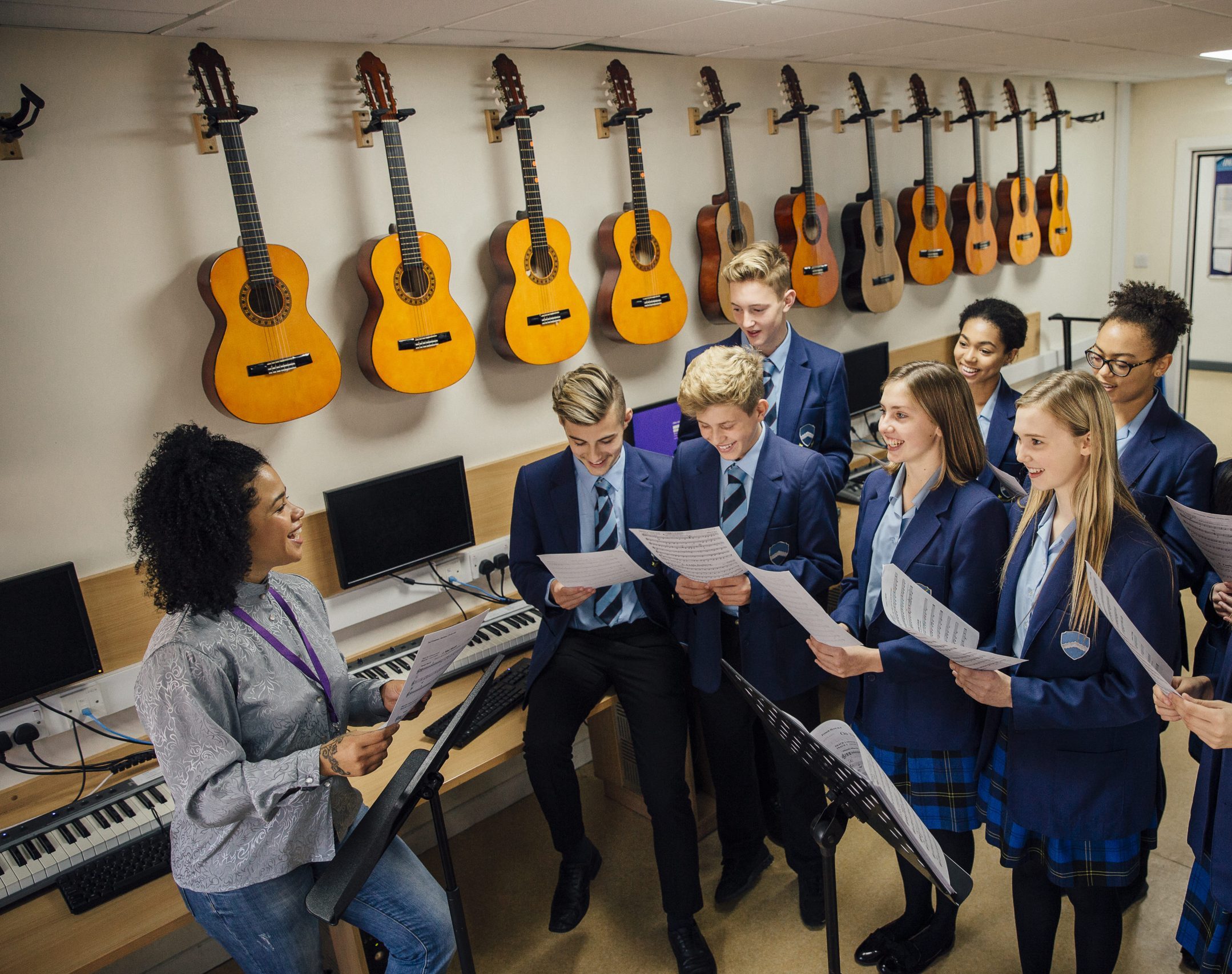Importance of a Secondary School Teacher
Secondary School Teachers play an important role in guiding young people through an important stage of their education. At a time when they are becoming more independent, yet are still very impressionable, a good Teacher will not only educate their pupils in academic subjects, they will support them with social and emotional issues and help them with decisions about their futures.
The move from primary to secondary school is a big step and Secondary Teachers play an important role in this transition for 11-year-olds entering Key Stage 3. As pupils reach Key Stage 4, Secondary Teachers are responsible for teaching and guiding them through their GCSE exams, providing career advice and helping with their next steps when they leave school at 16. The secondary school years see children become teenagers and young adults which can be a challenging period in their lives, so having the support of a good Teacher can make a big difference.
As a Teacher in a secondary school you will specialise in a specific subject. Having specialist knowledge enables Secondary Teachers to use their strengths to teach pupils more in depth subject matter. You can read our job descriptions to find out more about being an English Teacher, a Maths Teacher or a Science Teacher in a secondary school. Read Teaching in a Secondary School setting to learn about the different types of schools you could work in.








